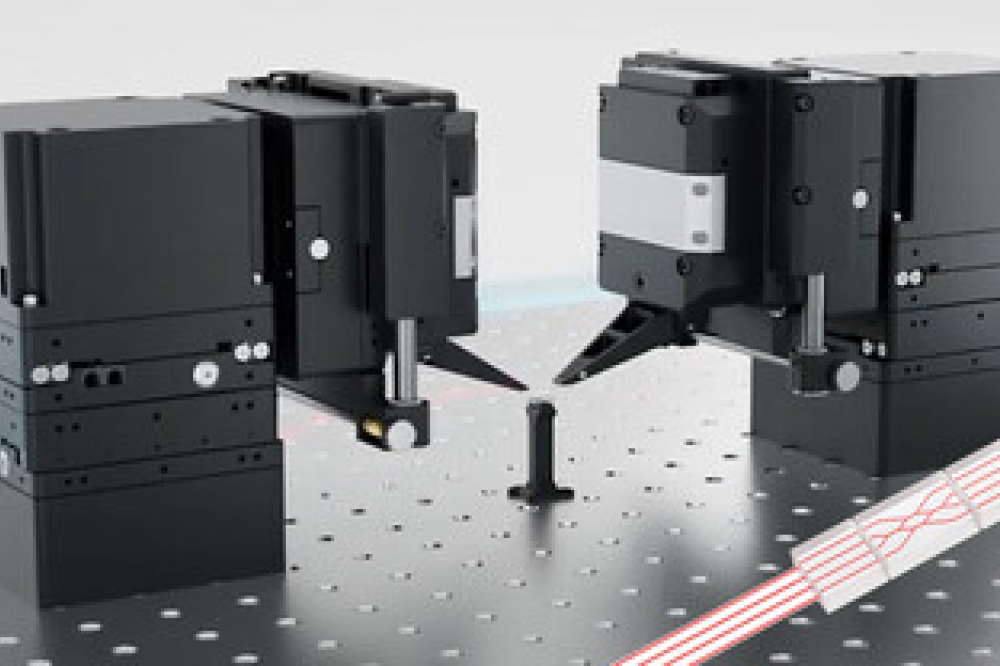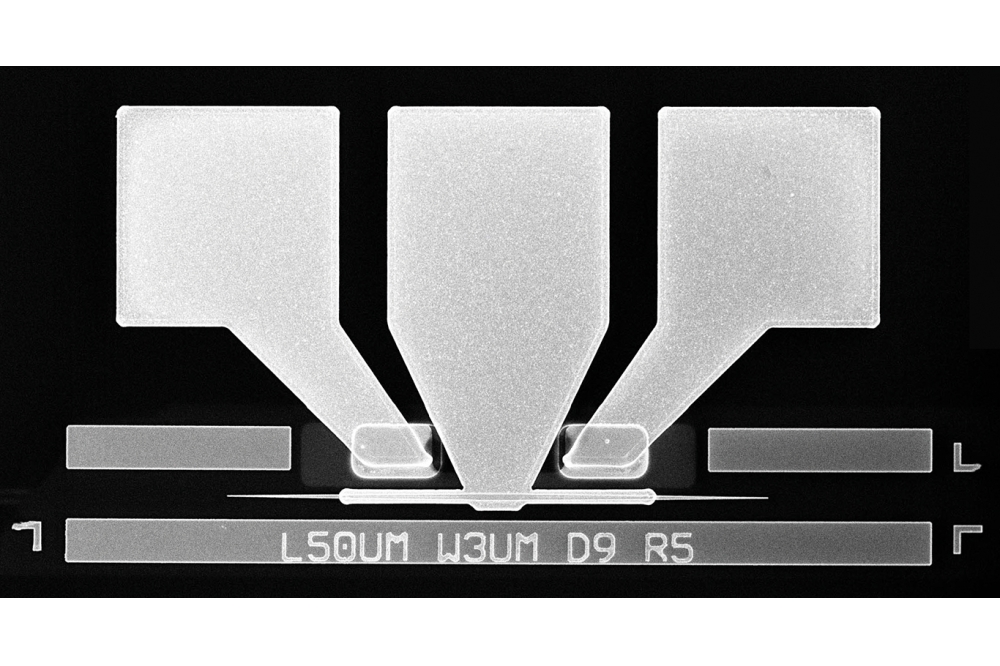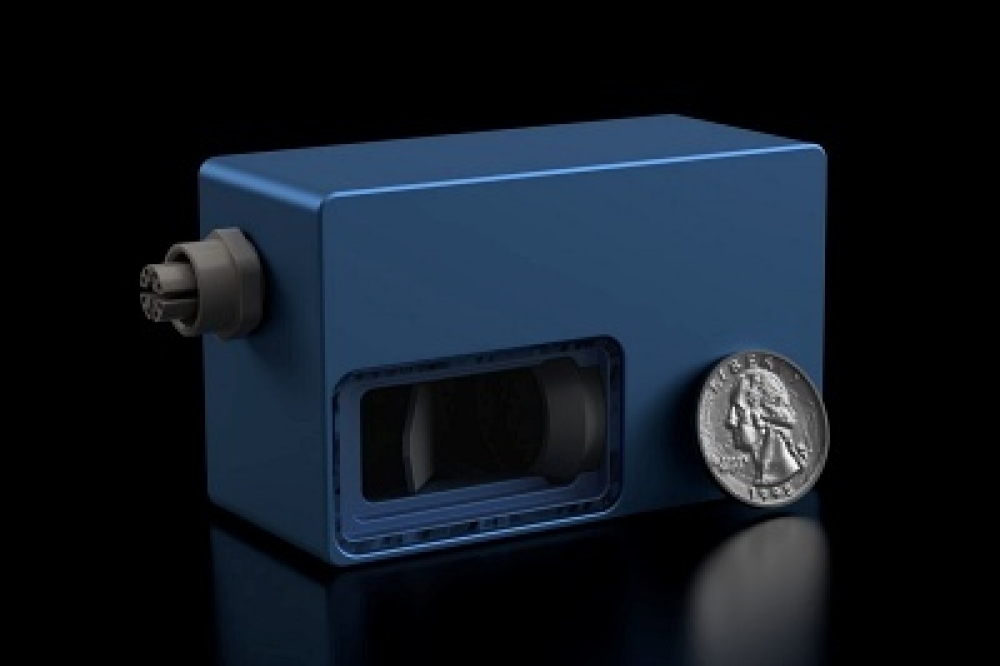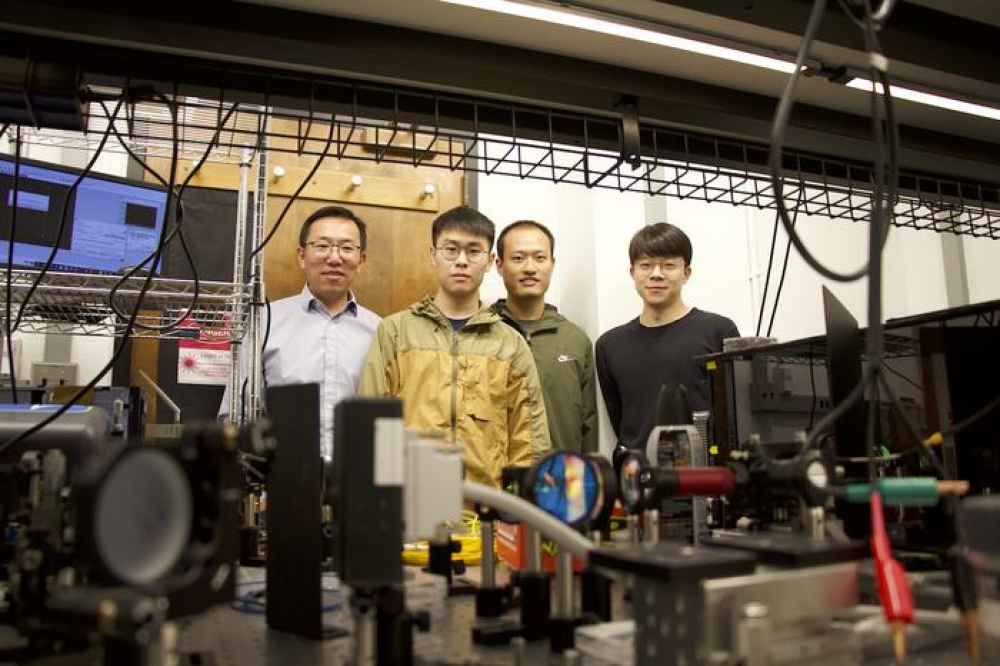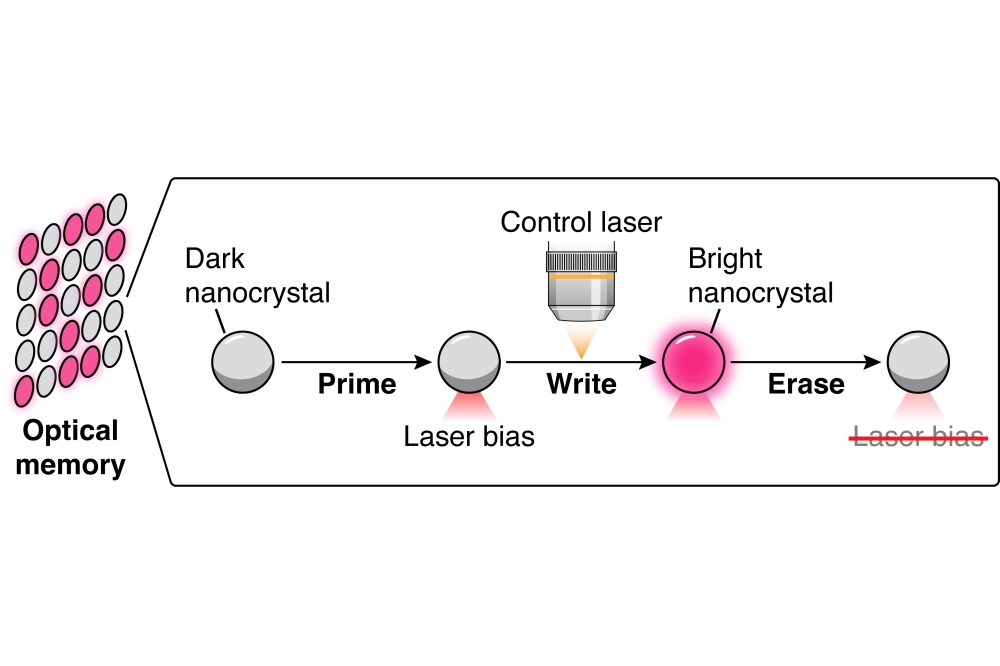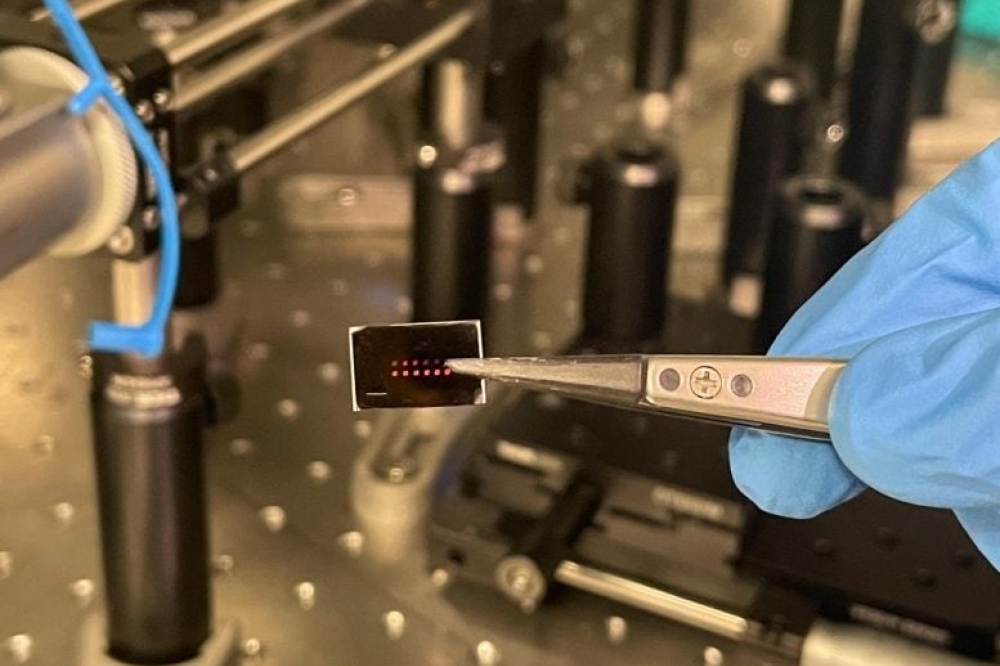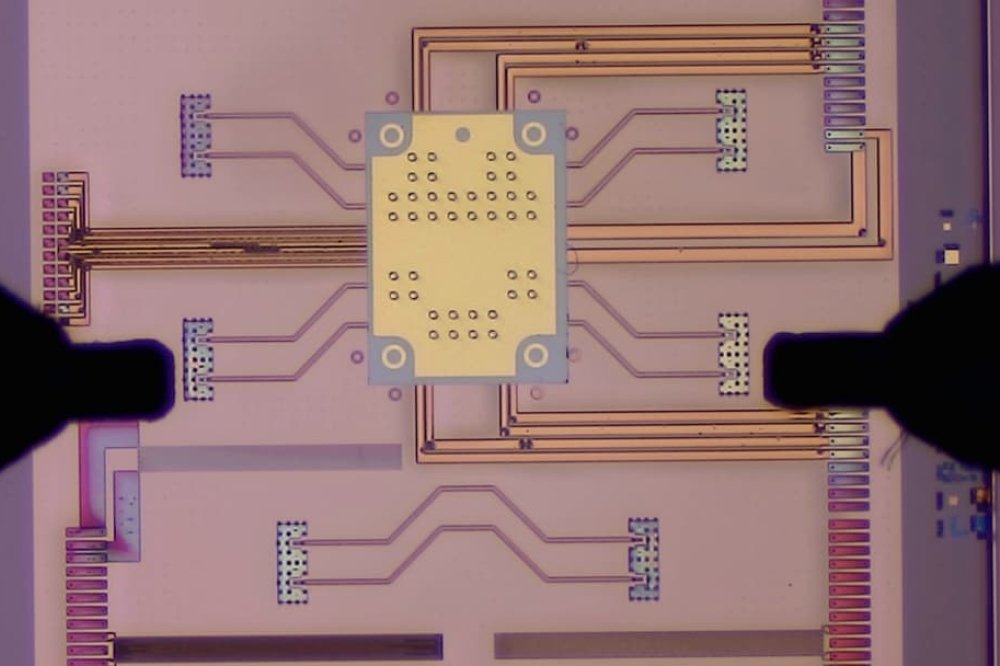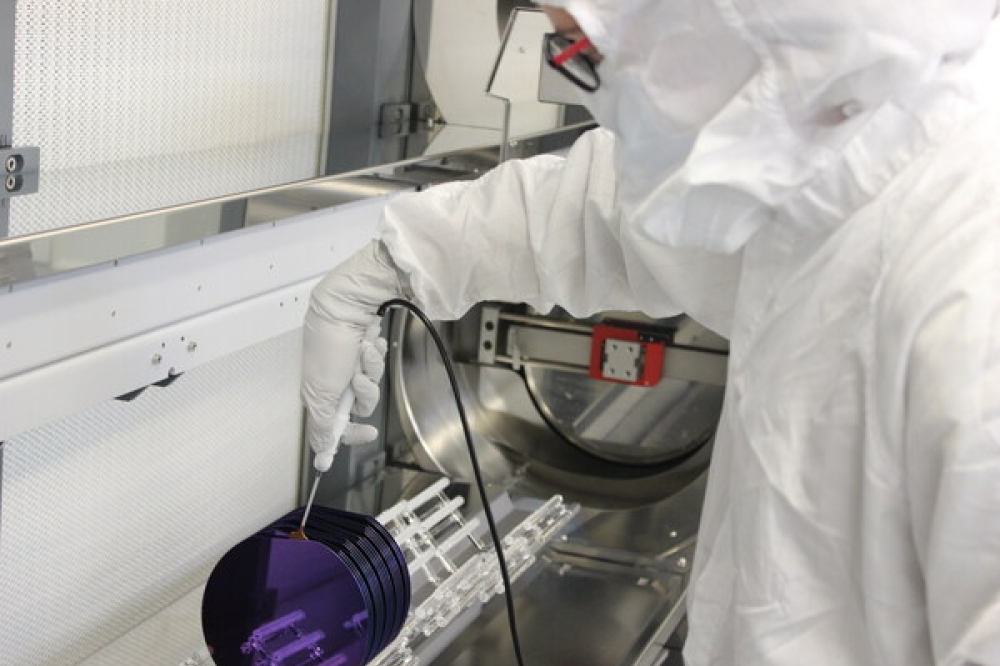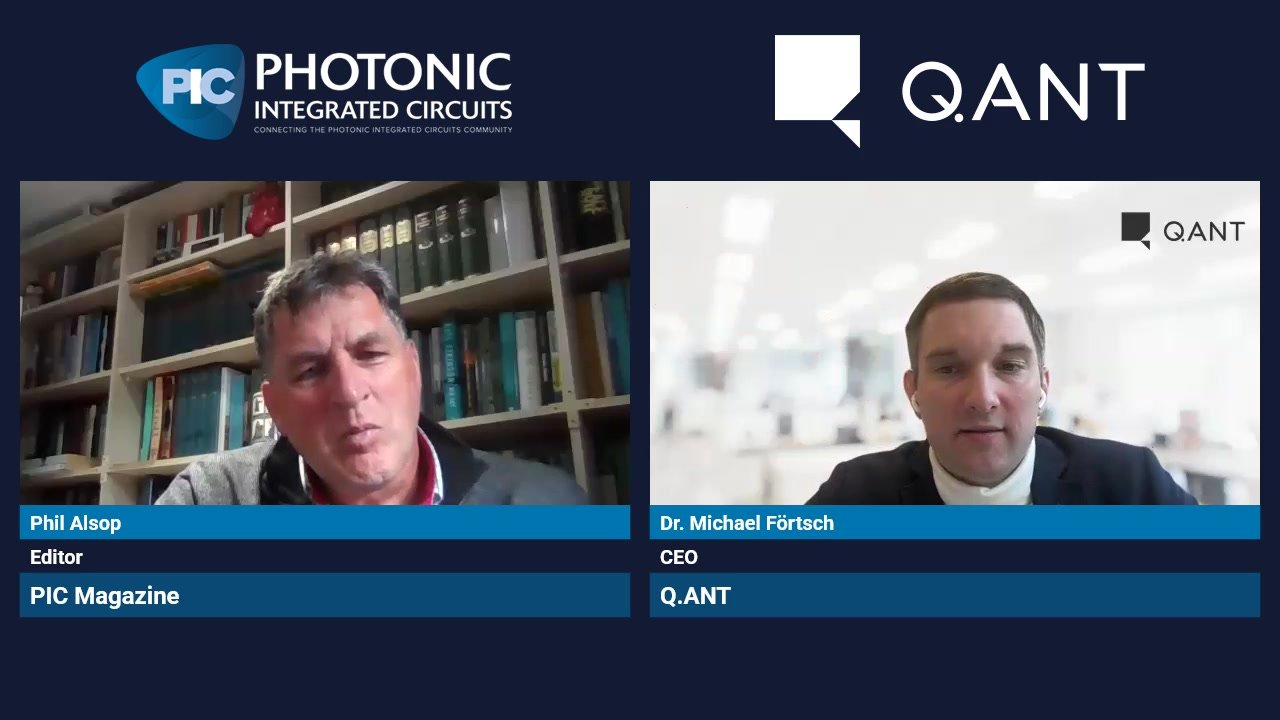POET and ZKTel collaborate on optical transceivers

POET Technologies, the designer and developer of the POET Optical Interposer and Photonic Integrated Circuits (PICs) for data centre, telecom and artificial intelligence markets, has announced a collaboration with Shaoxing ZKTel Equipment, which supplies optical computer equipment such as modules and transceivers to companies in China’s datacom and mobile networking industries. ZKTel is one of the lead customers for POET’s 100G optical engines.
POET and ZKTel have been collaborating to develop a 100G CWDM4 optical transceiver module using POET optical engines supplied by POET’s joint venture company, Super Photonics Xiamen (SPX). POET describes each module as containing a 100G CWDM4 transmit and a receive engine with monolithically integrated MUX and DMUX, directly modulated lasers, and high-speed photodiodes. The company says it developed the product to suit ZKTel’s desired designs, demonstrating the flexibility of the optical interposer technology.
“We have been working with ZKTel for more than a year and are pleased to announce a design win for POET with another module supplier that will go into production in 2024,” said Suresh Venkatesan, POET’s chairman and CEO. “ZKTel is a highly respected and significant player in the China datacom industry and to collaborate with them through SPX is further validation of POET’s commercial and technical strategy. ZKTel has a robust product portfolio and an expansive number of end users. Through this collaboration, POET and SPX have a roadmap with ZKTel that goes beyond the initial 100G CWDM optical engine sales.”
James Wang, CEO of ZKTel, said: “At ZKTel, we are very pleased with the results we have seen with POET’s design and how it helps us meet the demands of our customers. We have been testing the optical engines internally and with our customers and the feedback has been excellent. We look forward to a long, prosperous relationship with the POET and SPX teams, and to deploying these products to increase the market share for ZKTel.”
Elaborating on the partnership, POET said that it was an appealing choice for ZKTel because it creates a low barrier to entry into the single-mode optics marketplace, which ZKTel seeks to move into. In the production phase, SPX assembles and tests the optical engines and ships them to customers such as ZKTel. Customers use optical engine production samples to complete their internal qualification and start sampling modules to their end customers. This cycle typically takes 6 to 9 months before high-volume production can be expected. However, according to POET, ZKTel is in the advanced stages of its module development, and expects to ramp to volume production in the second half of 2024.



